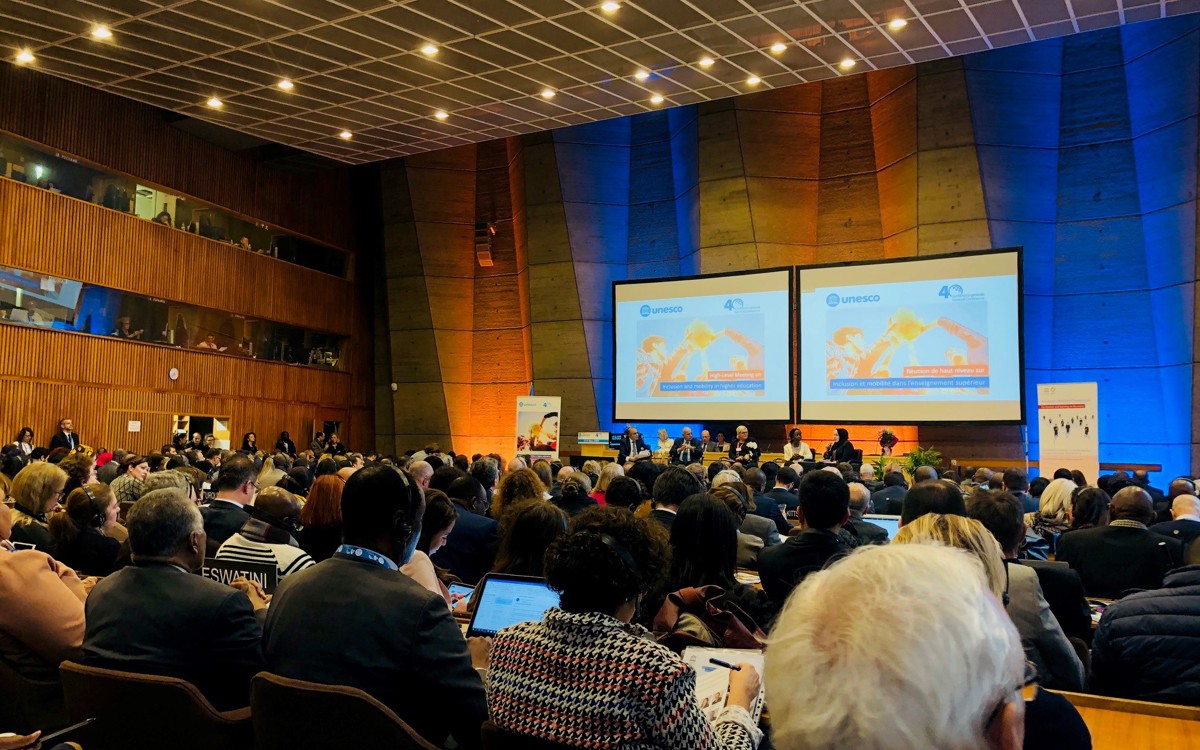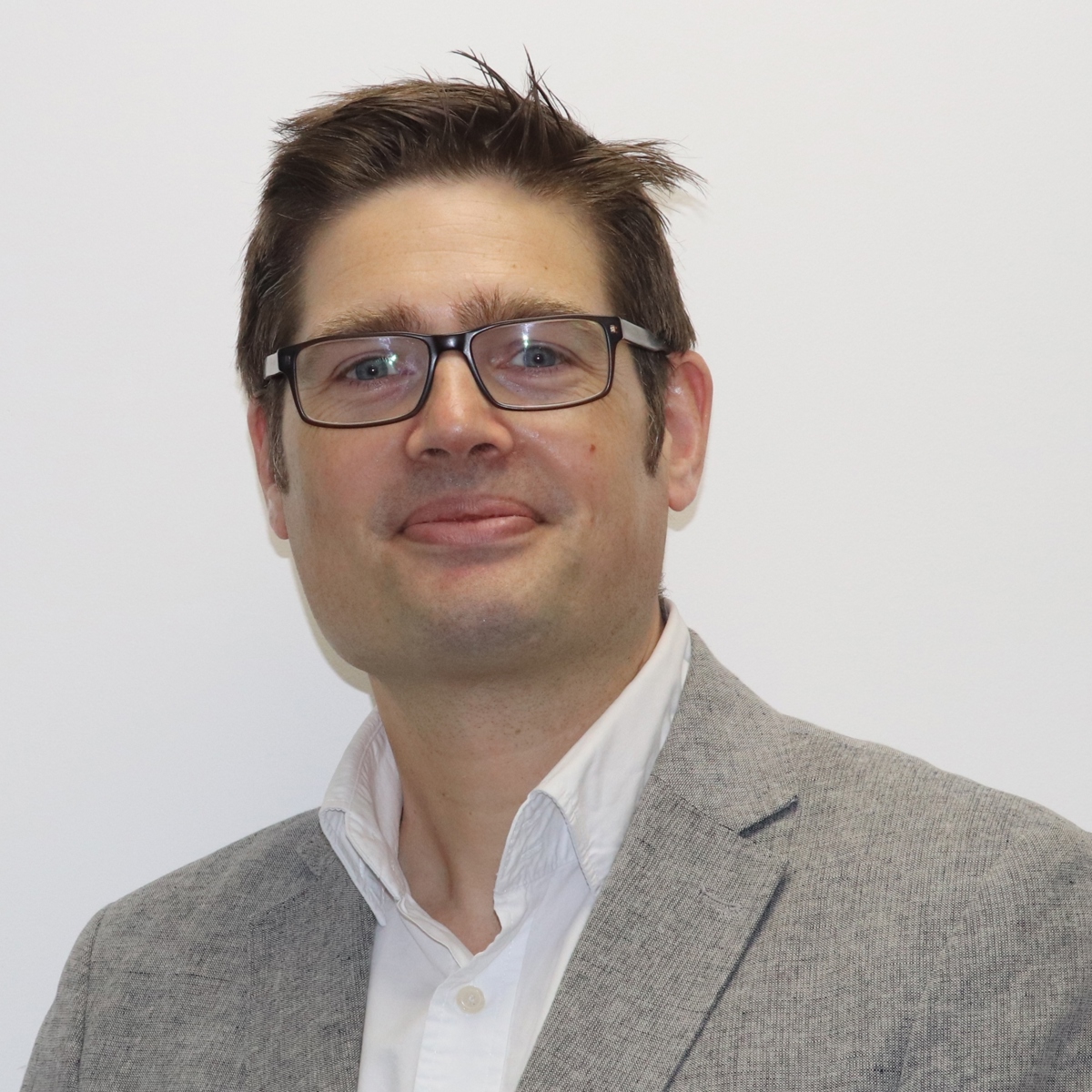

Alex Wright
Senior Policy Officer for the ACU
I have recently returned from what may be a very significant few days representing the ACU and its membership at various UNESCO meetings in Paris.
A trip to UNESCO is always stimulating as you invariably meet a wide range of contacts from across the world – from government, UN agencies and civil society – and I am pleased to report that this November has provided some grounds for optimism for both UNESCO and for international higher education.
For the last two years the ACU has been working with our fellow global university associations – the International Association of Universities (IAU) and Agence Universitaire de la Francophonie (AUF) – to reassert the place of higher education in global education policy discussions. This is needed as, although higher education is explicitly included in the Sustainable Development Goals (SDGs), it has taken time for the international education community and aid ‘architecture’ to move with the times and broaden its horizon to embrace a whole sector approach.
I attended, as an observer, a meeting of the Education 2030 Steering Committee – the structure that provides political oversight of SDG4. Given the wider context it is significant that the committee has now established a working group on higher education. This is to be welcomed, however there is an urgent need for the sector to be properly represented on the committee, in the same way as other important constituencies – such as the teaching profession, civil society and private sector – if it is to be fit for purpose in the SDG era. After all, higher education is a unique and distinct constituency within the education ecosystem, comprised of autonomous institutions contributing not just to SDG4 but to all SDGs, through teaching, research and social engagement.
The committee meeting was just the warm up for the UNESCO General Conference – two weeks of meetings covering the full range of UNESCO’s operations in education, science and culture. It was hugely encouraging that the highest profile education session of the conference was devoted to higher education. Indeed, it was the first time that UNESCO has focused a ministerial meeting of this type solely on higher education. The four-hour discussion, attended by over 100 ministers, as well as government officials, academics and university leaders, was standing-room only suggesting this focus was long overdue.
Focusing on access and equity
The big announcement from the General Conference was the adoption of the ‘Global Convention on the Recognition of Qualifications’ – the first UN international treaty on higher education. The Convention will sit above existing regional agreements to provide a common framework for the recognition of qualifications across all countries and help build increased mutual understanding of education systems and structures, in turn leading to greater collaboration. While the true test remains ratification by countries, the adoption is an important political signal in the current climate of declining multilateralism.
Supporting access to higher education is fundamental to the ACU – and ensuring this access becomes ever more equitable is a key driver of our work. We are particularly pleased to see the emphasis on the Global Convention’s role in supporting refugees and displaced people to access higher education, and the launch of a Qualifications Passport for refugees and vulnerable migrants. The lack of recognition of refugees’ and displaced peoples’ prior qualifications often causes unnecessary disruptions to education. At ACU, we’re proud to be working with our members – and convening the wider sector – to develop long-term solutions to supporting refugees and at-risk scholars.
In the long run, perhaps the most significant development from the General Conference was governments’ agreement to an increase in UNESCO’s budget after a period of consistent cuts. We must hope that this signals the beginning of a renewed support for an organisation and mission which, for all its flaws, embodies a multilateral vision for education and human development that remains as relevant and necessary as ever.
